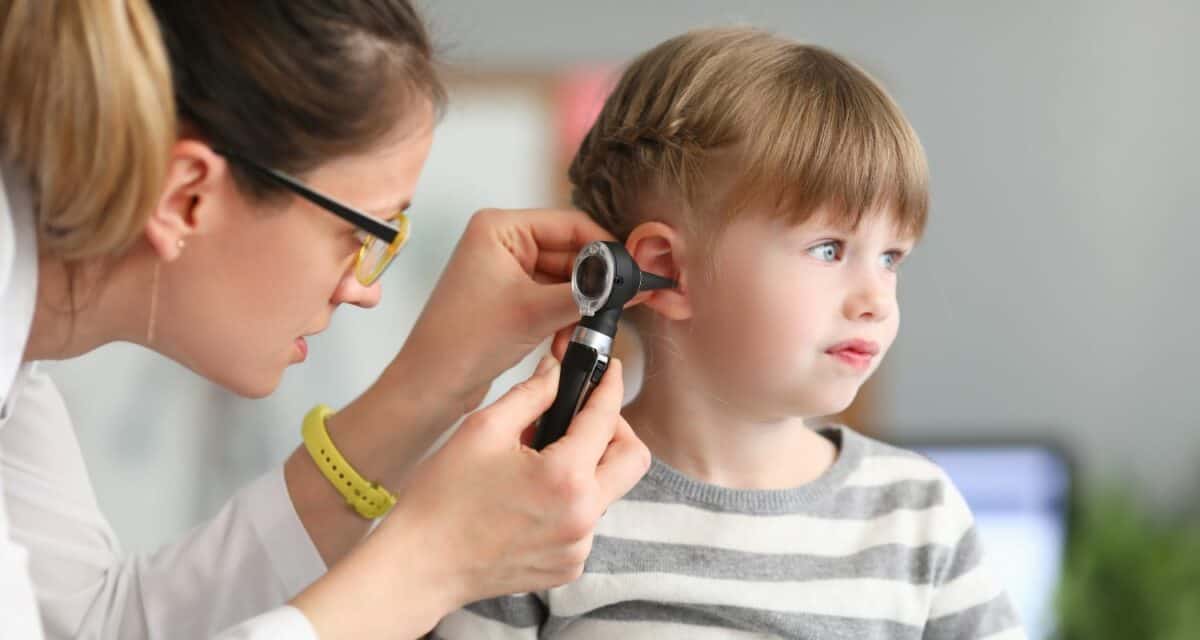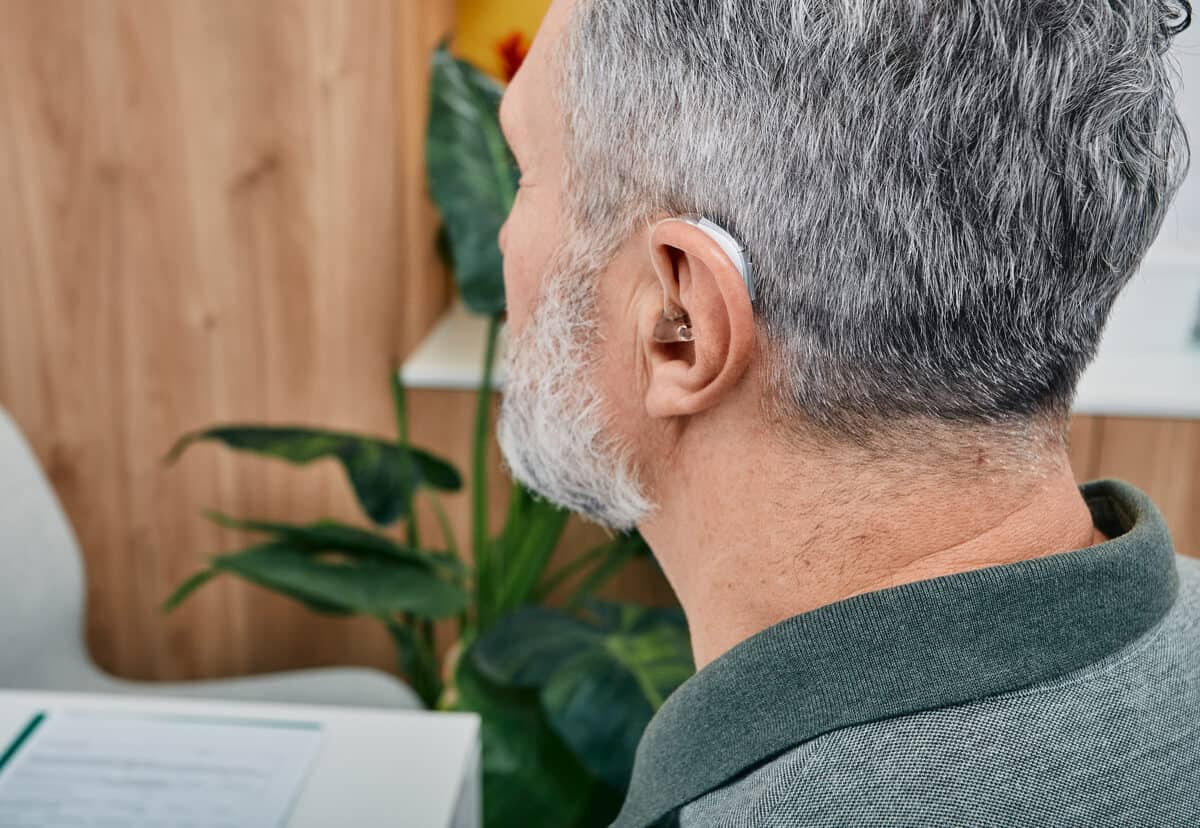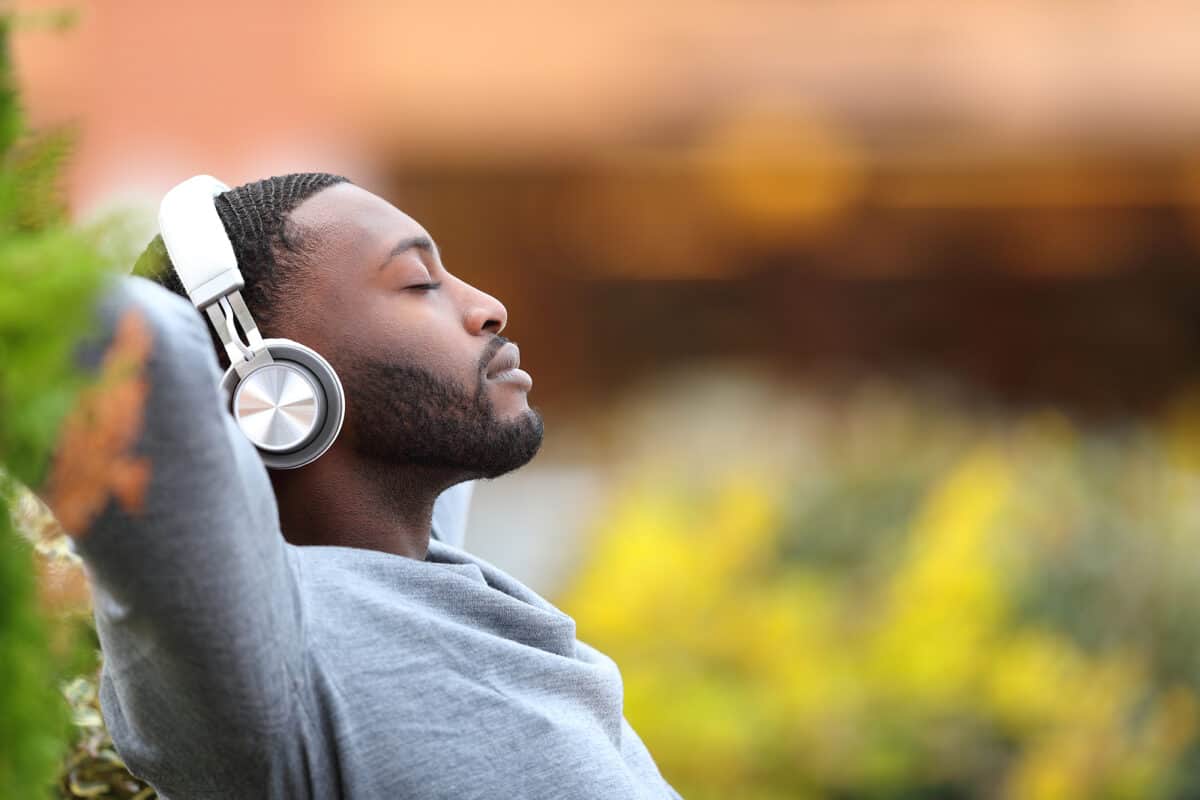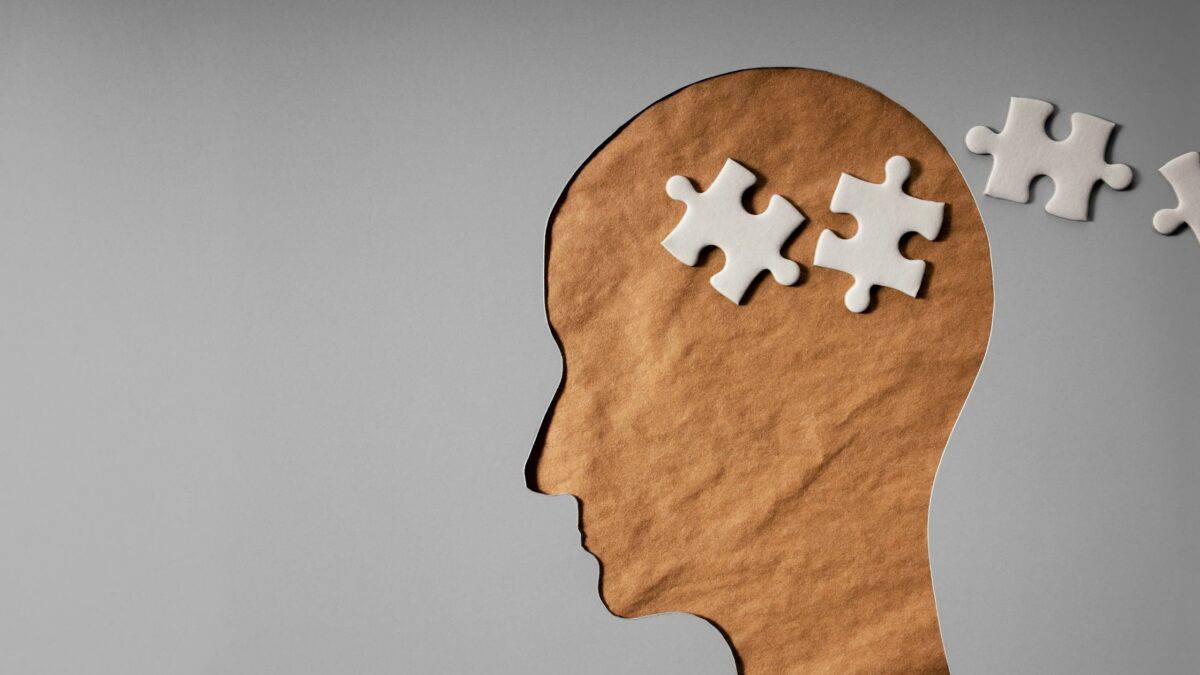Though aging is a natural process that happens over time, there are factors that can speed it up or slow this process down. This process involves the brain aging gradually which results in cognitive functions and processes becoming less flexible. Cognitive processes such as memory, decision making, and learning can require greater effort to perform over time. Recent research shows …
Signs of Pediatric Hearing Loss
Hearing loss impacts people of all ages, including babies and children. Pediatric hearing loss refers to hearing loss that is specifically experienced by children. This hearing loss can be temporary or permanent, depending on the underlying cause of it. Impaired hearing among children may look a little different and is often misrecognized as learning or behavioral issues. The presence of …
High Frequency Hearing Loss is Common Among Older People
Aging is a common cause of hearing loss. In fact, half of all adults who are 75 and older have disabling hearing loss. Age related hearing loss, also known as presbycusis, is the third most common health issue that older adults experience. Though it is pervasive, hearing loss among older adults remains undertreated. It is estimated that only one third …
Why You Should Schedule a Hearing Test for World Alzheimer’s Month
Did you know that September marks World Alzheimer’s Month? This global initiative raises awareness about dementia. According to the Alzheimer’s Disease International, an estimated 55 million people live with dementia worldwide. This is expected to significantly increase, reaching 139 million people by 2050. Dementia is an umbrella term that encompasses a range of medical conditions marked by cognitive decline. …
Tips for Discussing Hearing Loss with Your Loved One
Signs you may have noticed The medical term for age-related hearing loss is presbycusis. Because this type of hearing loss is usually slow and gradual over time it often goes unnoticed until it starts to disrupt daily life. There are a number of signs you might notice with your loved one before they notice it themselves. Your loved one may …
With Live Music Returning, Remember to Protect Your Hearing!
With more concerts and live music coming back, you may have plans to attend a show. While this is exciting, it is important to practice the necessary safety measures to protect your hearing health. Live music is a common source of loud noise exposure which can contribute to hearing loss. One time or consistent absorption of loud noise can contribute …
A Link Between Migraines, Tinnitus & Hearing Loss
Nearly 30 million people experience migraine, a neurological condition that impacts the brain or nerves. Migraine is not just a bad headache but recurring headaches and other symptoms that can last days. This can disrupt daily life in a variety of ways – disrupting sleep, ability to complete tasks, concentrate etc. Migraine can also impact health by increasing health risks. …
Study on Dreams in People with Hearing Impairments
Do you remember your dreams? Some people can recount their vivid dreams while others don’t remember what they dreamt about at all. Everyone dreams throughout their sleep but the majority of people (an estimated 95%) do not remember their dreams when they wake. Though much about dreams remains mysterious, experts suggest that various factors can impact what we dream about …
New Studies on Hearing Loss and Dementia
Hearing loss can take a toll on health in significant ways. Hearing loss strains communication which is a key way we navigate daily life. This often impacts relationships, contributes to social withdrawal, and increases health risks. Extensive studies show that hearing loss also increases the risk of cognitive decline and developing conditions like dementia. Dementia includes several conditions that progressively …
Challenges with Hearing Speech in Noise – an Early Sign of Dementia?
Is it challenging for you to hear in environments with background noise? Do you find yourself asking others to repeat themselves when you’re in restaurants or at parties? These are signs of hearing loss, a chronic medical condition that impacts over 48 million people. Experiencing difficulties with hearing speech in settings with noise is a symptom of impaired hearing. Recent …










